Getting a bug bite is always a creepy experience, especially when you have no idea about what tiny creature left you with that red, throbbing welt on your skin. Don’t be panic. Most of the bug bites and stings are harmless and heal without any proper treatment. Some bug bites and stings can cause intense pain. Bites and stings from wasps, hornets, fire ants, and bees, can cause a serious allergic reaction. Others, like poisonous spider bites, require immediate emergency medical care.
In this article trendwizz.com will help you to differentiate between common bug bites and stings and provide tips for identification and care.
Other Topics You Might Like
Helpful Products You Might Like
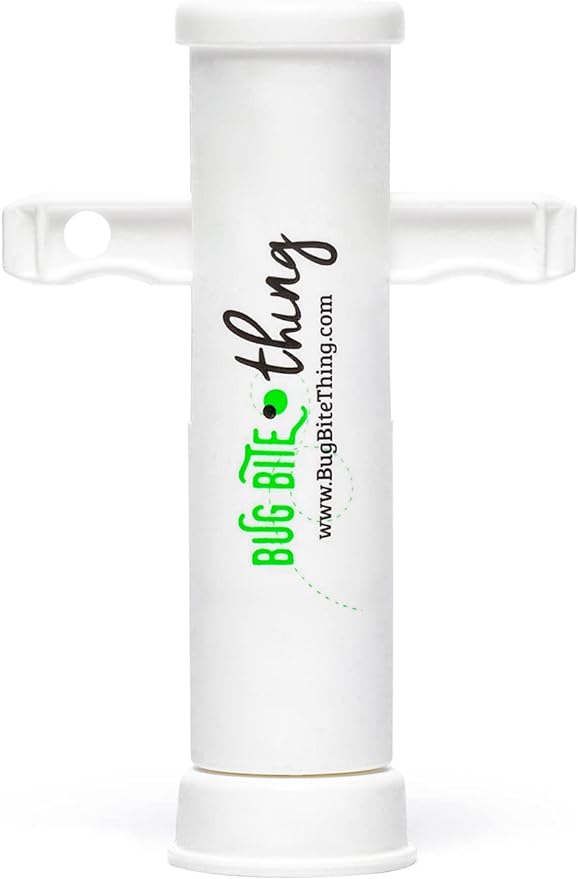
BUG BITE THING Suction Tool for Insect Bite Relief
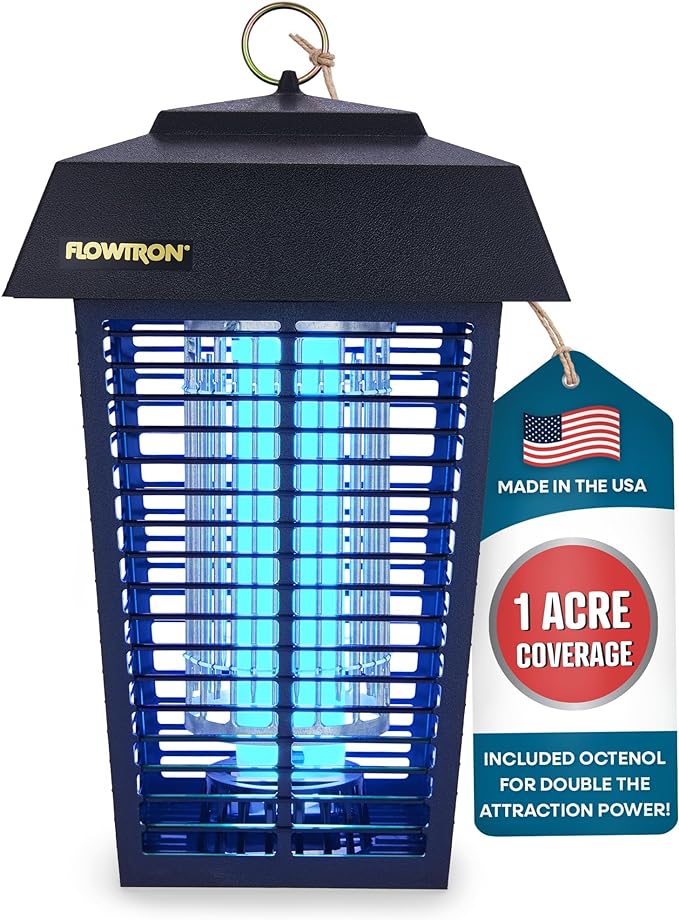
Flowtron Bug Electric Fly Zapper
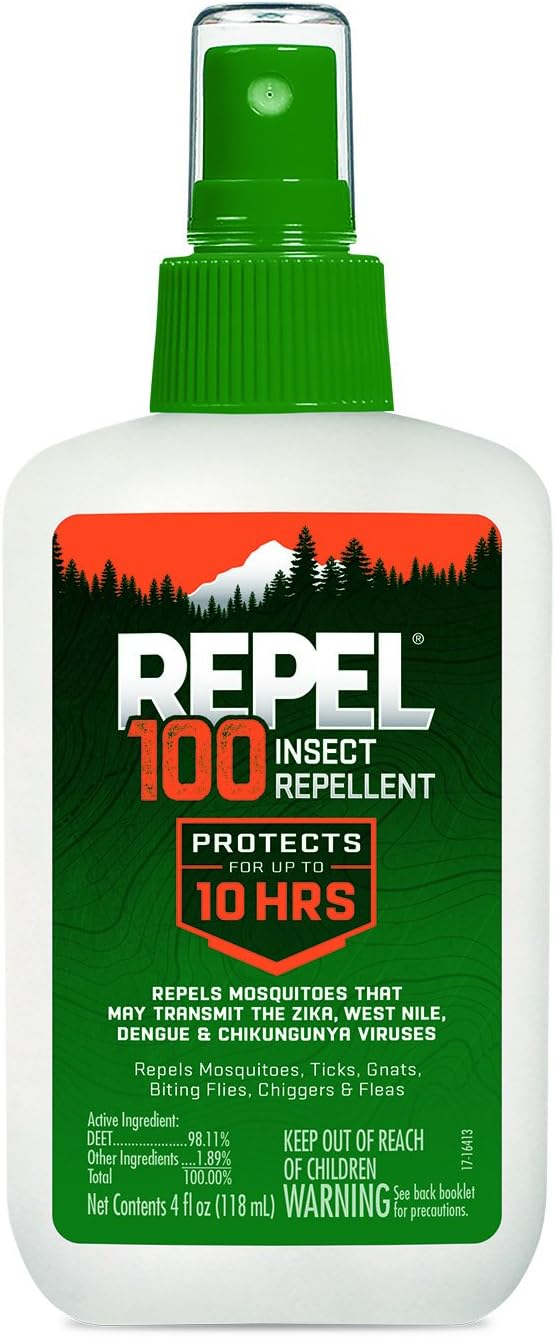
Repel 100 Insect Repellent Pump Spray
"(Paid Links)" 
Recognizing the Symptoms
First of all, to recognize the bite or sting, is to recognize the symptoms. most of the localized reaction cause by the stings and bites include.
Redness
Redness and inflammation around the effected area.
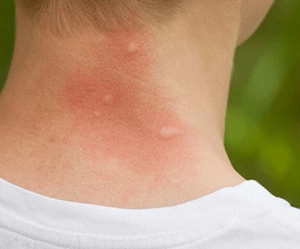
Swelling
Mild to severe swelling
Itching
Most of the insect bite and stings cause itching.
Pain
bites and stings cause by bees abed wasps are often painful.
Rash or Blisters
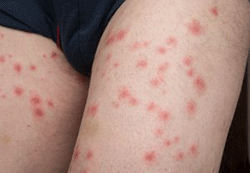
Certain bites may lead to the development of a rash or blisters.
Identifying Common Insects and Their Bites
Mosquitoes
Mosquito bites is small, red, and itchy bumps. They often appear in clusters and may be accompanied by swelling. Mosquitoes are usually active during dawn and dusk, and their bites can transmit diseases like malaria or dengue fever.
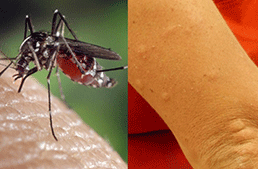
Ticks
Tick bites may cause a red, itchy rash and sometimes a "bull's-eye" pattern, especially in cases of Lyme disease. Ticks are found in grassy or wooded areas and should be removed carefully to prevent disease transmission.
Bees and Wasps
Bee stings cause pain, redness, and swelling on the effected area. if you are stung by a bee you can see the sting embedder in the skin. wasps can sting more than one time and their stings often cause severe reactions.
Bed bug bites
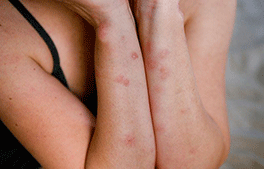
Bed bug bites cause discomfort and insomnia and are red and itchy in appearance.
Fleas
Flea bites cause small, red bumps. Their bites are usually on the ankles and legs. Flea bites cause severe itching.
Ants
Fire ant bites cause blisters and cause a painful burning sensation. In some cases, fire ant stings can lead to an allergic reaction.
Assessing the Reaction
You can identify the insect involved in biting by assessing the severity of the reaction to a bug bite or sting.
Mild Reactions
Most bug bites and stings result in mild symptoms that are treatable at home. minor redness, itching and swelling are the common symptoms that usually resolve within a few days.
Moderate Reactions
If there is swelling, pain or the effected area develops a rash. it indicates a moderate reaction. Over-the-counter antihistamines and anti-inflammatory creams can help manage these symptoms.
Severe Reactions
Extensive swelling, difficulty breathing, or signs of anaphylaxis (e.g., hives, rapid pulse, dizziness) indicate a severe reaction caused by the sting, require immediate medical attention. This could be a sign of a serious allergic reaction and needs urgent care.
Treatment and Prevention
Some common treatments are discussed below, remember that most of the treatments involve relieving of pain.
Clean the Area
Wash the effected area with soap and water to prevent infection.
Apply Cold Compress
Take a cold compress and apply to reduce swelling and numb the area, alleviating pain and itching.
Use Topical Treatments
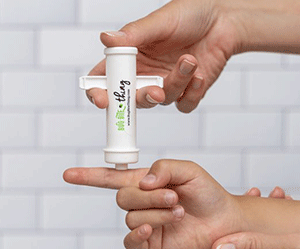
Over-the-counter anti-itch creams or antihistamines can help manage itching and swelling.
Take Pain Relievers
Non-prescription pain relievers like ibuprofen or acetaminophen can relive the pain and inflammation.
Preventing Future Bites and Stings
Use Repellents
Apply insect repellents to exposed skin, use the repellent which contain DEET.
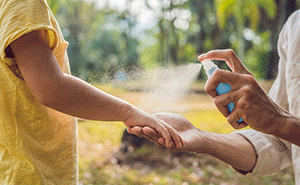
Wear Protective Clothing
Wear long sleeves, pants and socks in areas with high insect activity.
Avoid Attractants
Do not use scented lotions or perfumes that can attract insects.
Conclusion
Recognizing the symptoms is a key to Identify and treat bug bites and stings involves. Furthermore understanding the type of insect involved, and assessing the severity of the reaction can also help. You can prevent from future incidents and minimize the discomfort with the help of appropriate steps. Always seek medical advice if you experience severe reactions or if symptoms persist or worsen.
